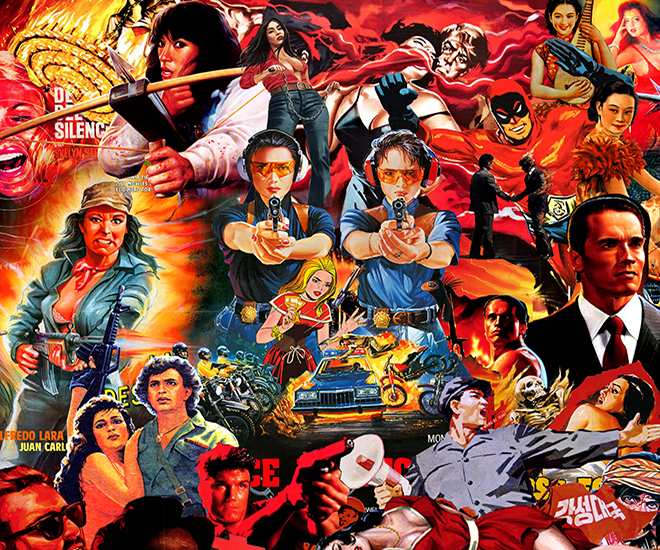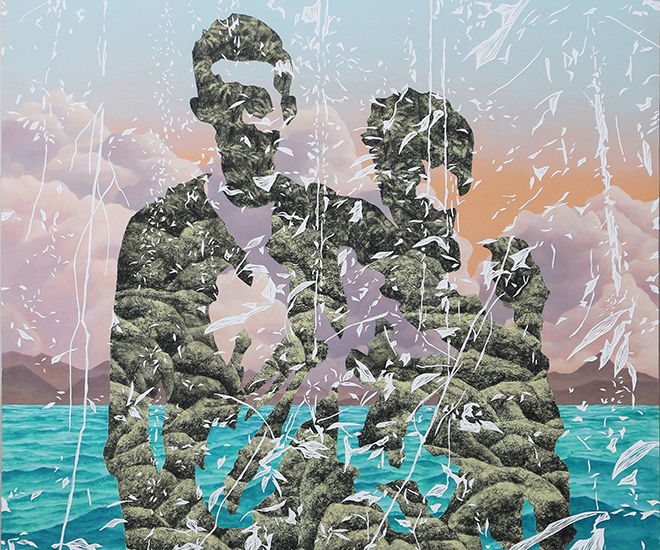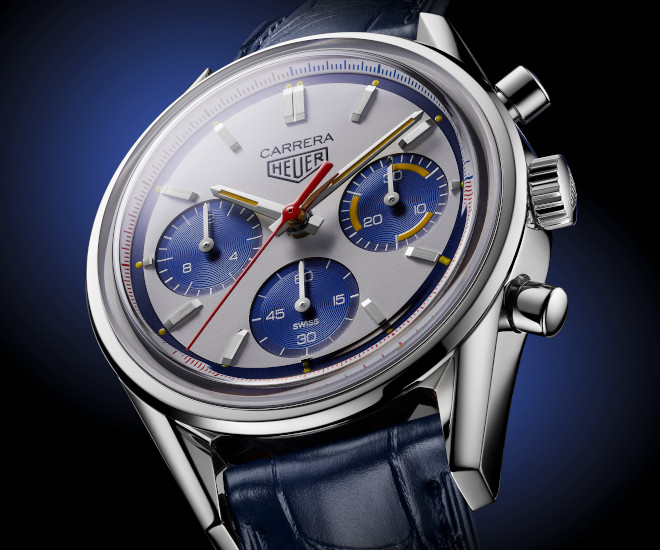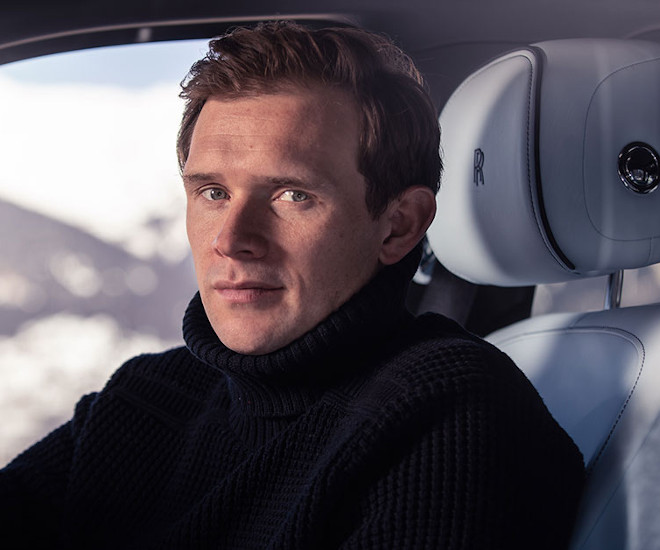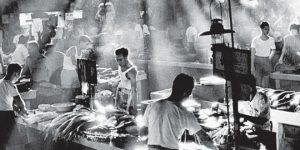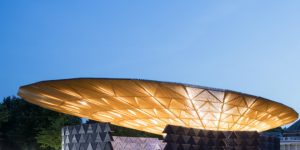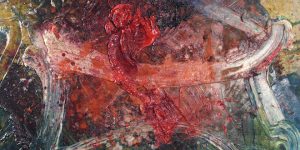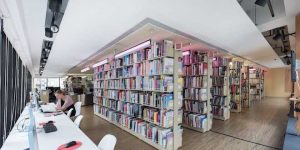Interview with Robert Bartoux of Galeries Bartoux, the contemporary art specialists
We speak with Galeries Bartoux co-founder Robert Bartoux about emerging trends within the art world, and what it means for the future

Robert Bartoux. Image courtesy Galeries Bartoux
With 16 galleries spread over three different continents, Galeries Bartoux has come a long way since its inception in 1993. Specialising in contemporary art, Galeries Bartoux prides itself in constantly being at the forefront of the art world.
Art Republik sat down with co-founder Robert Bartoux to discuss the spirit of Galeries Bartoux, and the art it represents.
It’s been 24 years since you opened your first gallery in Honfleur. How has your experience been as a gallerist?
It has been very enlightening. Each day, we learn something different, and we’re always meeting new people, collectors and artists.
How about here in Southeast Asia? Has it been different operating here in comparison to in Europe, or in the U.S.?
There has been some adaptation, of course, but the essence is always the same. It’s interesting, because when I began to develop my company outside of France — for example, in New York or in Singapore — I was surprised to discover the exact same spirit as we have in France. Art is an international language, and although sometimes we may not understand each others’ language or lifestyle, we can always find a meeting point in a piece of art.
So is there a certain kind of art you feature in your gallery?
We have a style here in Galeries Bartoux: modern art, pop art, street art. The spirit of Galeries Bartoux is not to be an antique gallery. It is to be a gallery of the time, and so we want to always feature artists of the time. You’ll notice we don’t have a lot of Chinese artists here. About 90% of the art here is done by European artists, and you will find that I am not alone in this.
In Asia, there is a lot of very beautiful Chinese art that I admire, and it sells well. But while art is international, we do still have a certain style. We are not in this business only for money, and I do not want to be different for the sake of being different. My wish to support the art that I believe in, and it is because of this that I present this generation of street artists.

Bernard Buffet, ‘Clown’, 1993. Image courtesy Galeries Bartoux
So what differentiates Asian art from European art?
The culture in Asia is very different from Europe. It’s slowly beginning to open up to more different styles of art, but in countries like China, it is still difficult. There isn’t a lot of street art there, because doing street art in China can be bad for you.
While we’re on the topic of street art — the upcoming issue of Art Republik is centred around the theme ‘Champions’, particularly the idea of rebels with a cause. What do you think sets street artists apart from commercial artists?
Street artists are very interesting because they have different motives from commercial artists. They work with no authorisations and sometimes, they get in trouble with the police. But because of that, they learn to work fast. And when you have to work fast and want to make things good, you end up developing excellent technique. The first of these was Banksy, and now there’s an entire generation of artists with incredible talent. Artists like Noe Two, Mr Brainwash; it’s the next big movement after pop art with Andy Warhol, 45 years ago, and it’s a big business.

Mr Brainwash, ‘Wonder Woman’, 2017. Image courtesy Galeries Bartoux
Speaking of business, could you tell us a bit about how you go about your day-to-day business? Do you visit your galleries often?
In the past I would visit the galleries every month, but now I visit every two months. I also do spend a lot of time with my artists. My week is very full, but I love it. My father was in the business as well — not as a gallerist, but he made beautiful art books that were incredible. I started to work in this business when I was 18, and I always say that I was born into business, and I will die in this business.
Do you have any plans for the future of Galeries Bartoux?
Yes, we have a lot of projects. We’ve had success in the Asian market so far with our Singapore gallery, so we’ll be opening one in Hong Kong. We’re also looking at Dubai, in the Middle East. And we’ll be looking to expand within Europe, because there’s a big market there — perhaps Venice. After that, we’ll see.
ilyda chua
